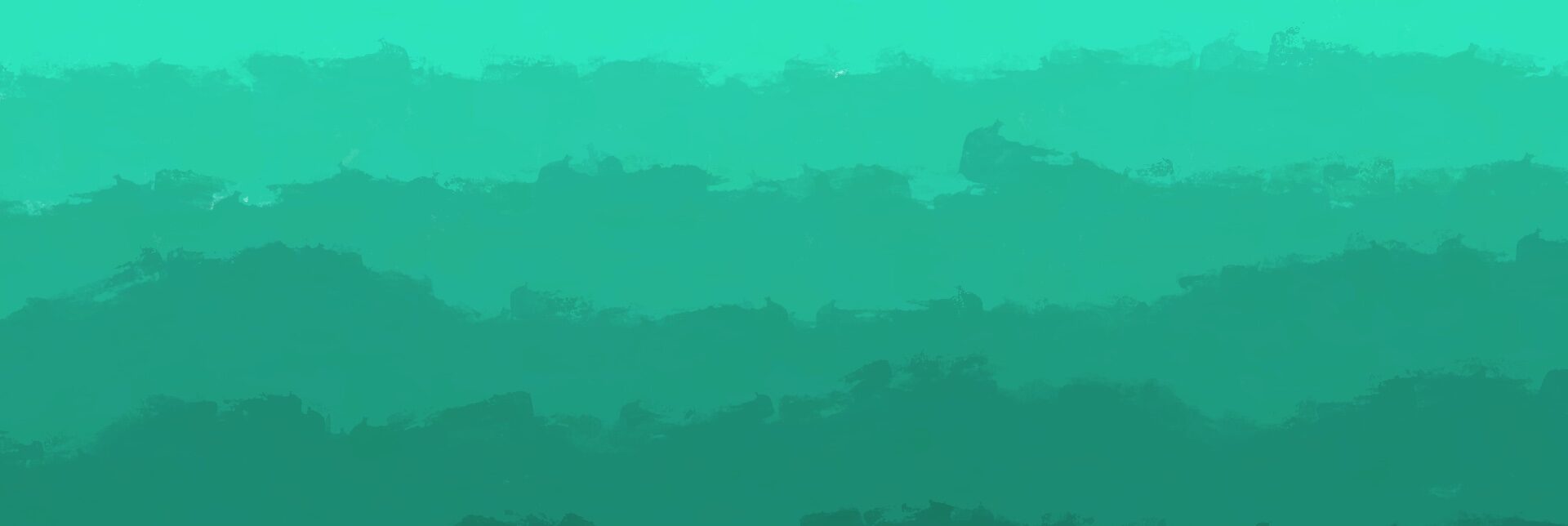Disability in Environmental Education Zine
Co-created by Siri McGuire and Allison Breeze, IslandWood ’23 graduate students
Disability is often left out of conversations of equity in the context of outdoor and environmental education – a field that, whether explicitly or implicitly, continues to perpetuate ableist notions, assumptions, and practices, even in equity and justice-centered organizations. Definitions, models, and approaches to disability are often left undiscussed, which leaves biases unchecked and instructors and institutions unprepared to support disabled instructors and teachers.
With this zine, we hope to help educators identify where ableism and disability exclusion can seep into their practice – not by providing a checklist that requires little to no work on one’s internal biases, but by assisting educators in developing a lens and framework which they can use to identify ableism in whatever context they are in.
Topics covered:
- Medical and Social Models of Disability
- Charity-Based vs. Rights-Based vs. Justice Based Approaches
- Environmental Education Scenarios for Reflection
- Recommended Resources
“Disability and Ways of Being in Nature” Applied Learning Session Zine
Created by Siri McGuire, Islandwood ’23 graduate student to guide two applied learning sessions for the IslandWood graduate class of 2023.
How we connect to nature as individuals can influence what we teach students about “how to be” in nature. Which ways of being in nature are we framing as normal and desirable, and which are we framing as less worthy, boring, or less meaningful? Is walking valued more highly than sitting? Which abilities are we hinging our lessons on – and what does that tell students about what are valuable ways to be in nature, and what aren’t?
The disability community, who may move, think, feel, and sense the world in ways that some of their nondisabled counterparts don’t, are uniquely positioned to provide crucial insights about what it means to be human in nature. However, those ways of being in nature are not always reflected in the norms, values, and activities common in environmental education. As a result, even when students are granted “access” to environmental education programs, they may not see themselves in what is being modeled as what it means to be a scientist, naturalist, educator, environmental steward, or more broadly, a human in nature.
“I liked discussing my reflections on how I like to be in nature with a partner. It allowed me to find more nuance in how my preferences can still feel generative and meaningful to me, but still be rooted in ableism if not de-centered.”
M.Ed student participant, April 2023
This zine was designed so that educators, either individually or in groups, can think deeply about their own ways of being in nature, reflect on which ways of being in nature are reflected in their practice, and consider how to support multiple ways of being in nature. The zine can be used to lead a 2-3 hour guided group session or can be completed individually.
Additional Recommended Resources
Books
Disability Visibility edited by Alice Wong
Care Work by Leah Lakshmi Piepzna-Samarasinha
Sustaining Disabled Youth: Centering Disability in Asset Pedagogies edited by Federico R. Waitoller and Kathleen A. King Thorius
A Disability History of the United States by Kim Nielsen
Feminist, Queer, Crip by Alison Kafer
Articles
Cripping environmental education: rethinking disability, nature, and interdependent futures – Jenne Schmidt (2022)
Dis/ability critical race studies (DisCrit): theorizing at the intersections of race and dis/ability – Subini Ancy Annamma , David Connor & Beth Ferri (2013)
The Importance of Disability Identity, Self-Advocacy, and Disability Activism – Ivanova Smith and Carlyn O. Mueller

